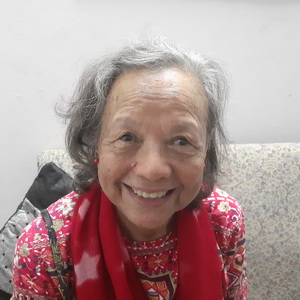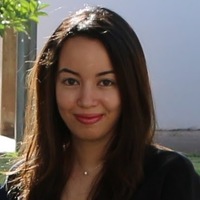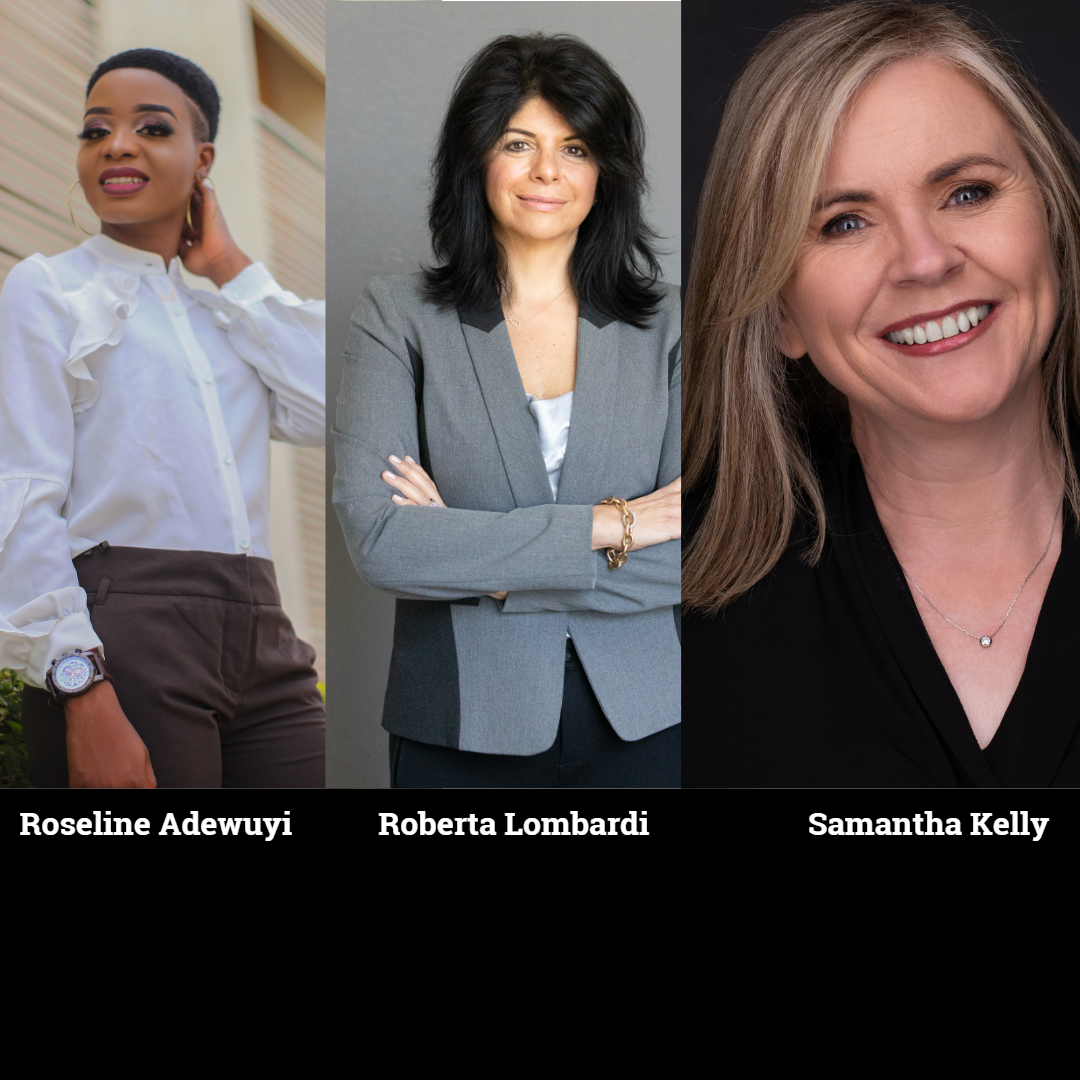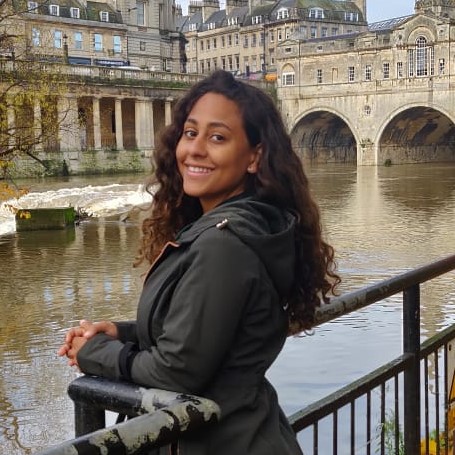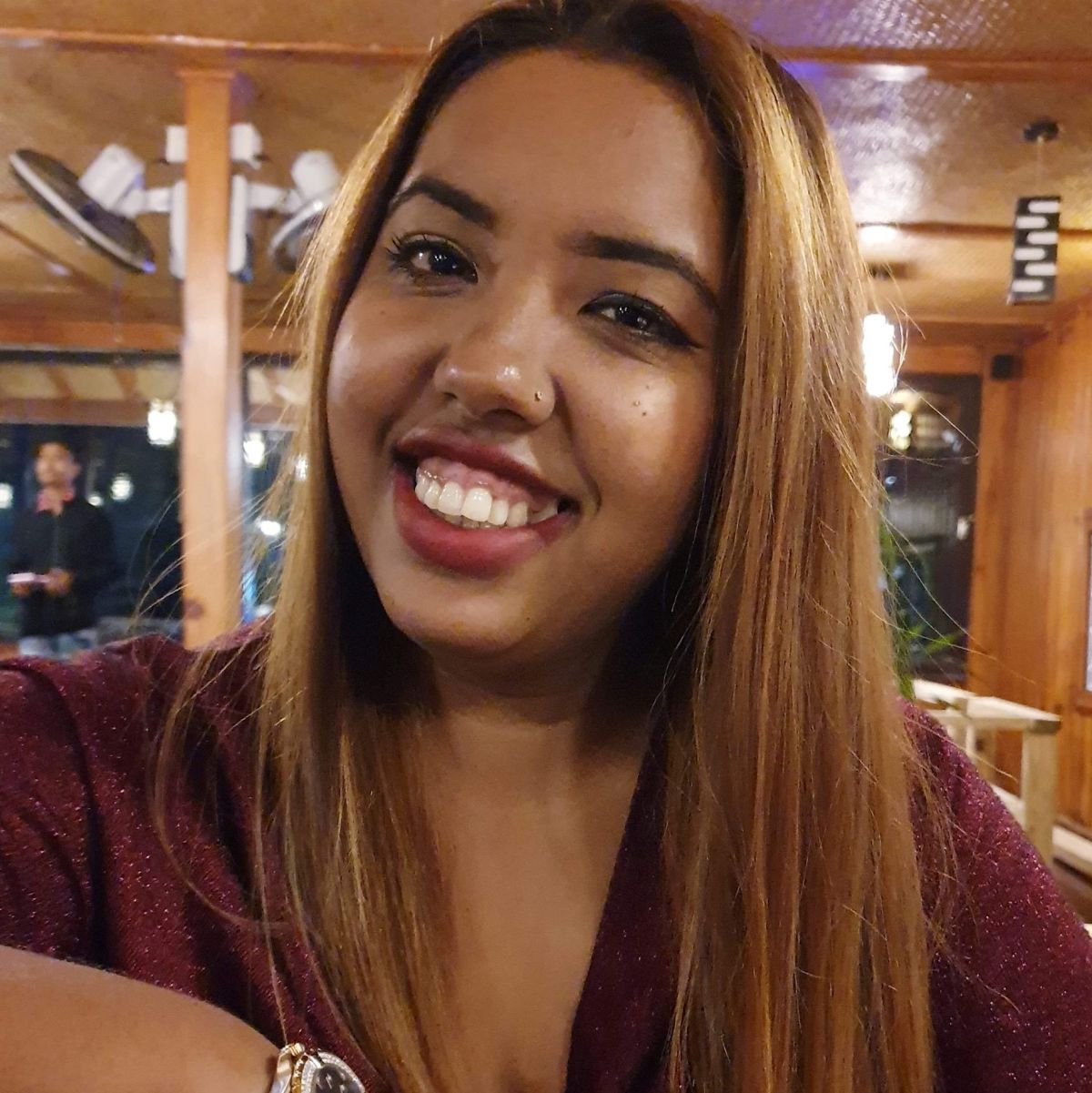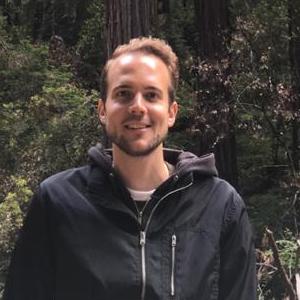Untold Abortion Stories from Nigeria: The Legal Reality (4/4)
Criminalizing abortion is a form of discrimination against women. Abortion is still illegal In Nigeria,but it hasn't stopped thousands of women from getting it. These women endanger their lives by seeking unsafe means to terminate pregnancy. In this series of stories, Hannah, writer, journalist and story ambassador for CotW talks to women who despite the dangers have decided to get an abortion.
Nigeria, Western Africa
Story by H.T. Jagiri. Edited by Veronica Burgstaller
Published on August 20, 2022.
Reading time: 4 minutes
This story is also available in 

Criminalizing abortion is a form of discrimination against women. Abortion is still illegal In Nigeria, but it hasn't stopped thousands of women from getting it. These women endanger their lives by seeking unsafe means to terminate pregnancy. As someone who is passionate about women’s rights and gender equality, I wanted to explore the impact of the criminalization of abortion in Nigeria. So I sought out women who have risked their lives to terminate their pregnancies. After I talked to Seyi and Amina and Dr Annie, I wanted to know more about the legal landscape of abortion here in Nigeria. So I sought out Timothy, a law student and awaiting lawyer on what he thought about the issue of abortion.
This is his view on abortion.
“The law on abortion in Nigeria is embodied in the provision of the two principal penal statutes. These are the PENAL CODE, Section 232 and the CRIMINAL CODE, section 228.
It Is to be noted that while the penal code explicitly states that abortion is allowed 'for the purpose of saving the life of the woman' the criminal code is silent on when abortion is lawful. But there is a judgment of the court which points to this fact. From all that has been written, the only exception as far as Nigeria is concerned is if such an act of abortion is to save the woman's life. This is clearly stated in the penal code, but inferred from the criminal code and with the help of judicial precedents too.
In any case, preservation of life is the only statutory justification for induced abortion under Nigerian criminal law. In other words, that's the only known exception or justification for abortion in Nigeria.
The law has failed however to expressly include instances where a woman gets pregnant by gruesome acts such as rape. For example, the case of the Chibok girls [1]. Because apart from there being a danger to their life because they were young, their mental state as well can be affected. The law did not envisage these instances.
Abortion is illegal but cannot be totally dealt with. This has only endangered the lives of the people more because instead of getting competent legal help, they can resort to self-help and quacks or administration of noxious substances which will in turn wreck their health.
In 2019 the maternal deaths and morbidity ratio in Nigeria was projected to be 814 out of every 100000 births. This makes Nigeria a country with one of the highest maternal death rates in the world. Even worse, complications resulting from unsafe abortions account for approximately 40 per cent of maternal deaths in Nigeria. These figures might even be understated.
Prohibition of abortion is doing more harm than good especially if we have to consider the economy and lifestyle in the country. People should be allowed to do with their fetuses what they want and not subject kids to a rubbish life.”
[1] a case that gained international traction, when in 2014 more than 300 girls were abducted by the Boko Haram from a secondary high school in the town of Chibok
All opinions and interpretations of the law are that of Timothy
Final note
The one thing these women have in common, is the lack of pre-abortion or post-abortion treatments. Because of the fear of ostracization and jail, most women who go for an abortion procedure settle for quacks who endanger their lives. These people almost ever face the punishments for malpractice and continue using their licenses to cause more harm to women. Unlike Seyi*, Amina* and the little girl Dr Annie* spoke about, thousands of women have lost their lives to unsafe abortion procedures. Hopefully, the government will realize that abortion is health-care and finally put a stop to its criminalization.
*Names marked with asterisks have been changed to protect the identity of those who spoke to Correspondents of the world on condition of anonymity
How does this story make you feel?
Follow-up
Do you have any questions after reading this story? Do you want to follow-up on what you've just read? Get in touch with our team to learn more! Send an email to [email protected].
Talk about this Story
Please enable cookies to view the comments powered by Disqus.
Subscribe to our Monthly Newsletter
Stay up to date with new stories on Correspondents of the World by subscribing to our monthly newsletter:
Tags
Topic: Gender
> Nepal
Gender-Based Untouchability and Disaster Help in Nepal
A story by Chandra Bhadra
5 min
Article 1 of our constitution says everyone is eligible for a dignified life. If women are considered untouchables every month, where is their dignity? Read more...
> Morocco
The Girl in the Skirt
A story by Hajar Lassiliya
4 min
You may wonder what is it like to be a woman who lives in a country that lacks security? Read more...
> Nigeria, USA, Ireland
Making a Difference, One Woman at a Time
A story by Roseline, Roberta and Samantha
9 min Long Read
It takes one woman to make a difference, but to shake the world, you will need hundreds. What these women have in common is their burning desire to bring change in their societies. The first step to achieving greatness is recognizing a problem and seeking out ways to help. Read more...
Explore other Topics
Get involved
At Correspondents of the World, we want to contribute to a better understanding of one another in a world that seems to get smaller by the day - but somehow neglects to bring people closer together as well. We think that one of the most frequent reasons for misunderstanding and unnecessarily heated debates is that we don't really understand how each of us is affected differently by global issues.
Our aim is to change that with every personal story we share.
Community Worldwide
Correspondents of the World is not just this website, but also a great community of people from all over the world. While face-to-face meetings are difficult at the moment, our Facebook Community Group is THE place to be to meet other people invested in Correspondents of the World. We are currently running a series of online-tea talks to get to know each other better.












